Relays are electromagnetic switches powered by a relatively small current and thanks to their structure they can both switch off or amplify a much larger current. They have been largely used in the telecom industry since the 19th century, as well as in the industrial and automotive sectors. Their application has now extended to computing and medical research, making relays a fundamental component for devices used in everyday life.
Relays work based on electromagnetic force. The core of a relay is made of a coil of wire (commonly copper, which is low-resistance and facilitates power transmission) which becomes a magnet when it receives an electric current.
They work as a bridge between devices, receiving an input signal from the first one and transmitting an output to the second. The electromagnetic current generated by the electrical input from the first device on the relay causes the contacts to open or close, determining the transmission or the blockage of the electrical signal to the second device.
Types of Relays
There are different kinds of relays suited for different applications:
- Signal Relays: they are electromechanical or solid-state devices that open or close electrical circuits in response to a control signal, allowing low-power signals to control higher-power loads. They are commonly used for switching, isolation, and signal routing in automation and electrical systems.
- Power Relays: they are high-capacity switching devices designed to control large electrical loads, such as motors, heaters, or industrial equipment, using a low-power control signal. They provide reliable isolation and efficient power management in applications requiring high current or voltage switching.
- HF & RF Relays: most commonly used in radio system, computing, testing and industrial equipment where high voltages are involved and standard relays cannot support an efficient function. An example of application is in radio devices: relays separate the circuits responsible for receiving and transmitting high frequency signals.
Whatever the relay is you are looking for, we offer a broad range from the most trusted suppliers worldwide, such as Panasonic, Siemens, Omron, TE Connectivity, Schneider Electric and our very own RS PRO. Want to learn more about electrical relays? Read our Electrical Relays Guide & Guide to Latching Relays to learn more.













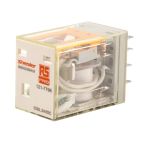
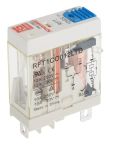

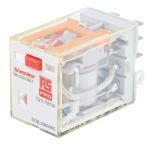
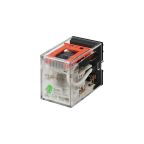

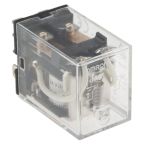
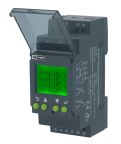
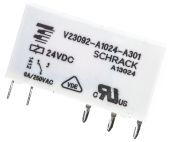
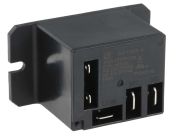
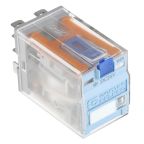
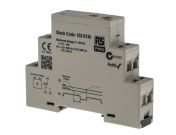
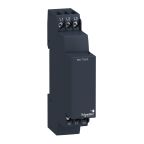

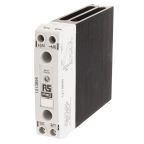
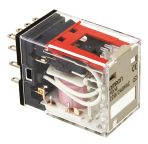

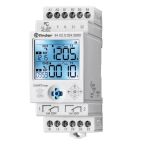
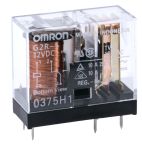
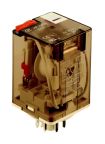
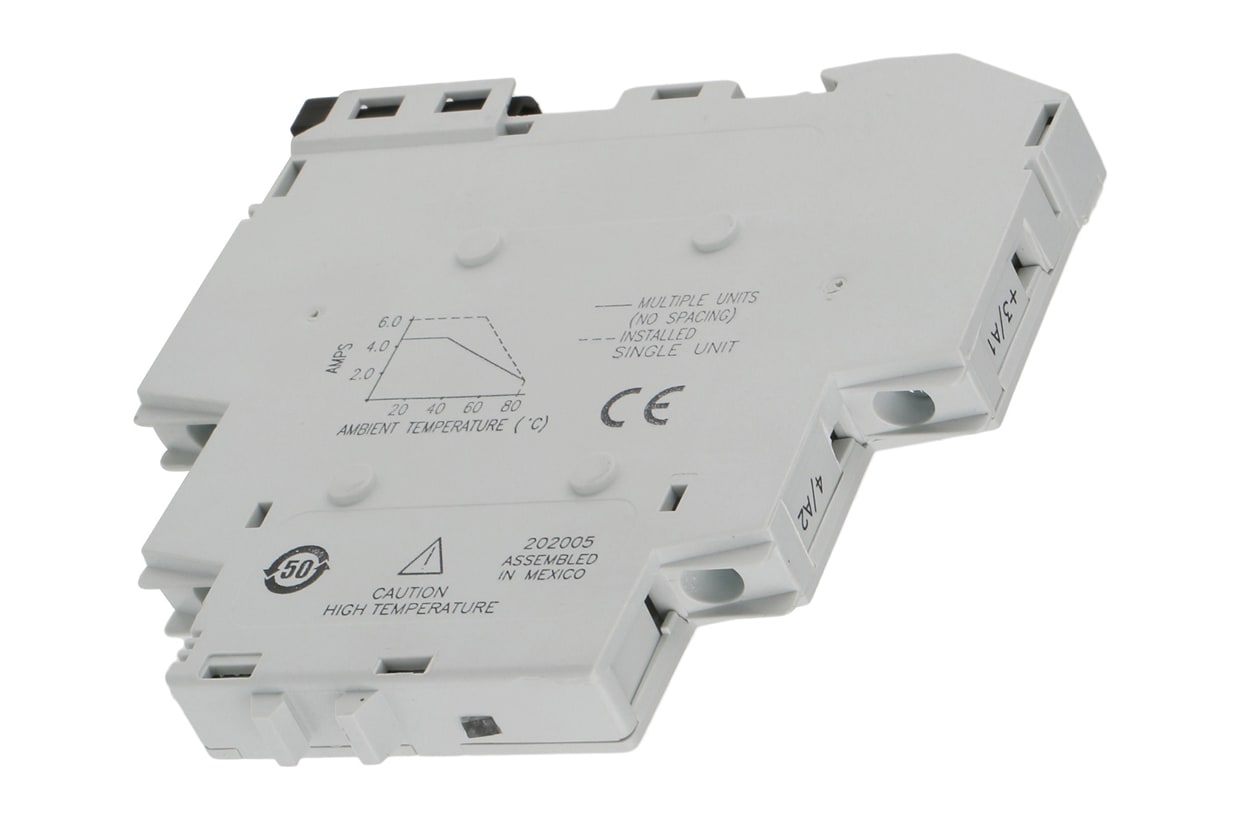
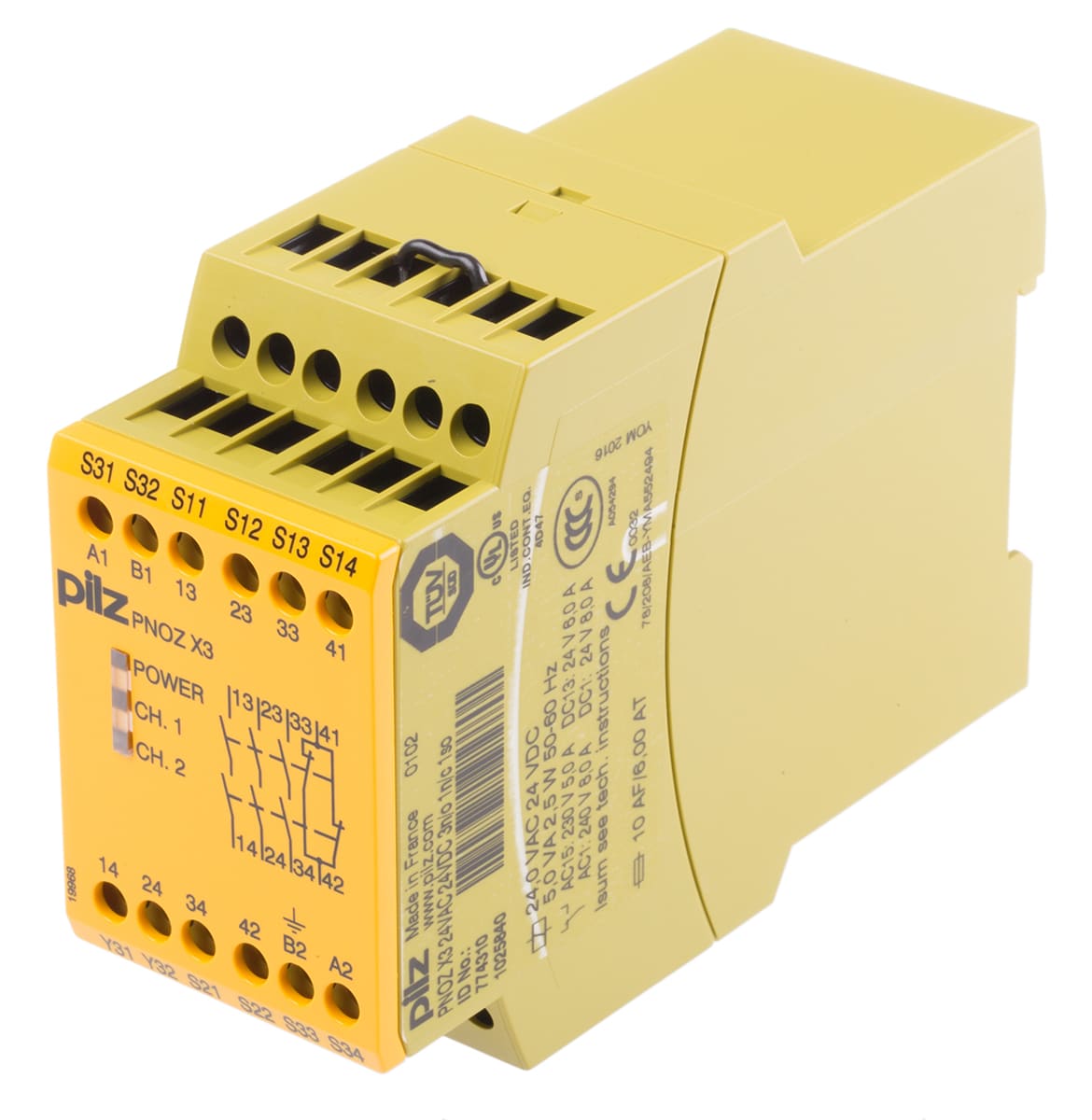
%20x%2080%20(h)/Non-Latching-Relays.jpg)
